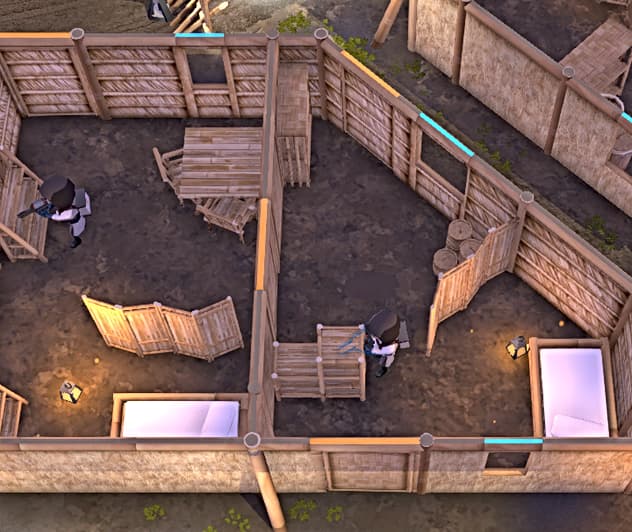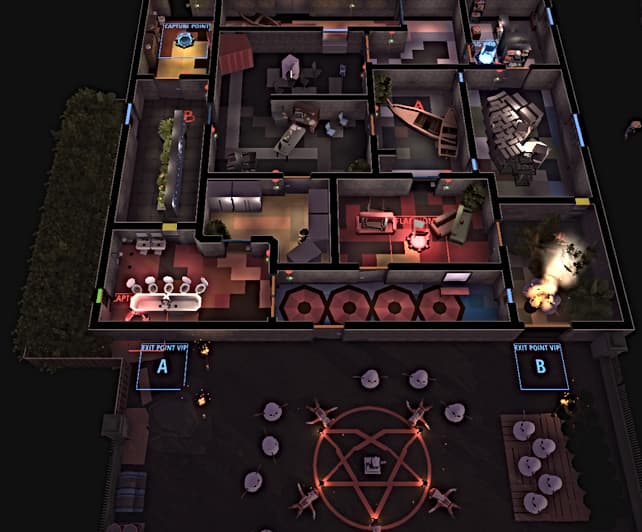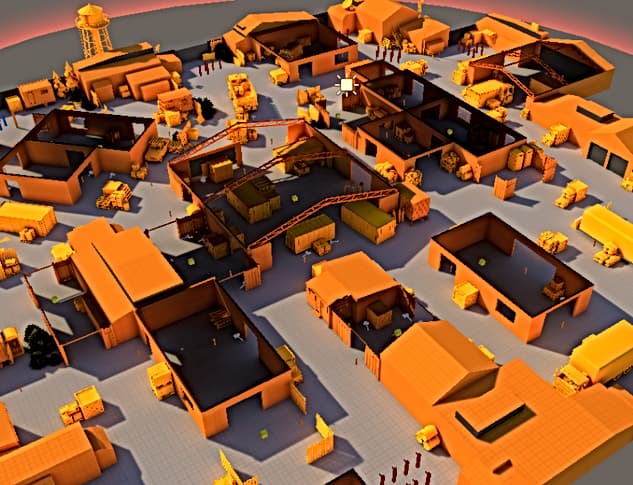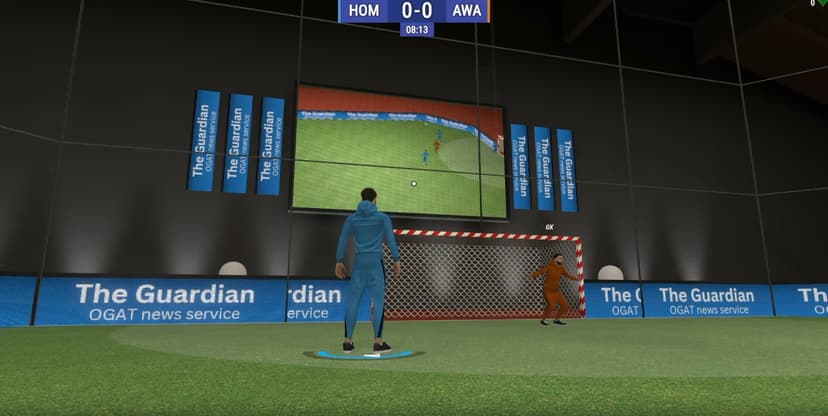
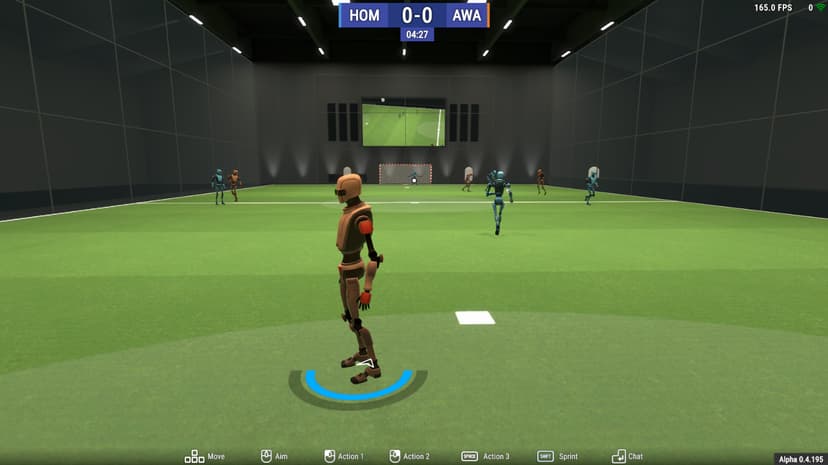
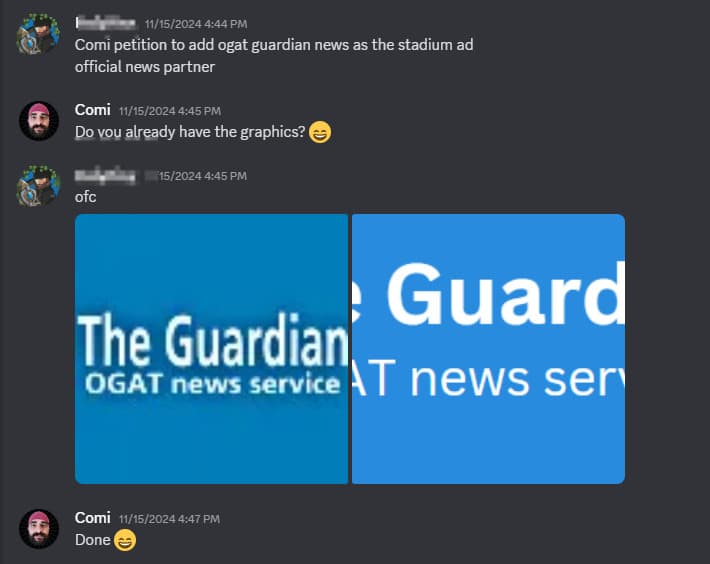
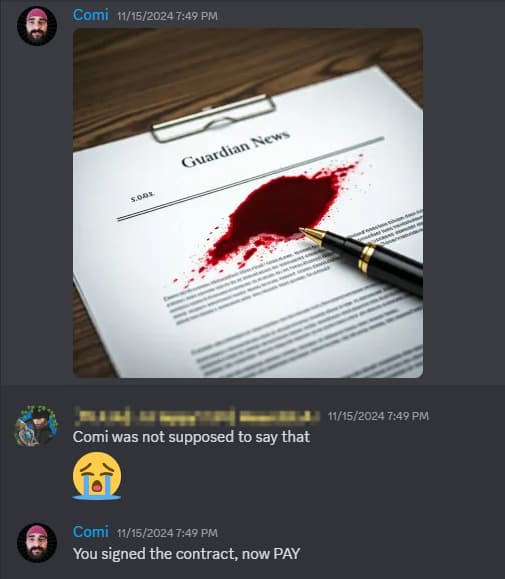
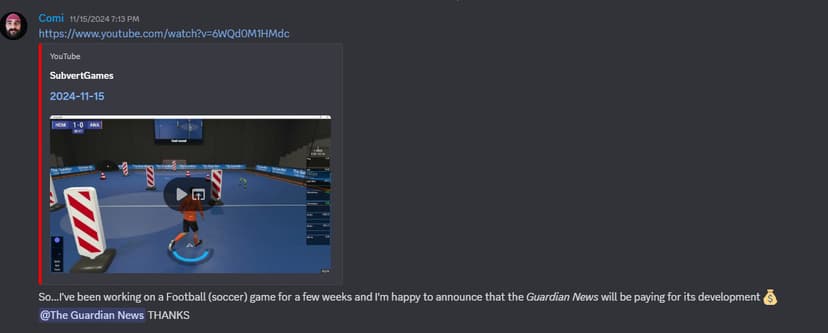

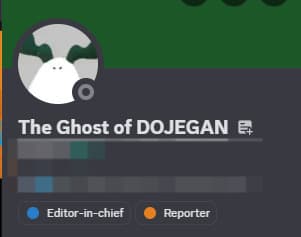
Last November, a historic handshake took place between an OGAT Guardian representative and the Head of Project Ball, Mr. Cominu. The Guardian was to become the project’s official partner; a harmless formality, or so everyone thought. What no one accounted for was Mr. Cominu’s remarkable talent for contract manipulation. Believing that OGAT’s No. 1 news agency (still is), known mainly for running dozens of ads for companies no one has ever heard of, must be swimming in money, Mr. Cominu quietly inserted a single extra line into the agreement:
The Guardian would finance the entire development of Project Ball.
The representative, eager to impress his boss, Dojegan, signed the document in blood. According to sources, he believed it was a traditional gesture of loyalty in the land of OGAT. He still refuses to reveal his real name, fearing it will remind his boss of him.
Months passed, and not a single coin found its way to Project Ball. Confusion spread through the government as funding failed to appear. The Guardian’s chief editor mysteriously vanished, only to be replaced by what staff now refer to as the ghost of Dojegan. Management claims this is simply a metaphor, but employees insist that the new editor does, in fact, float. Analysts believe this “ghost loophole” was deliberately engineered by Dojegan to avoid legal responsibility, as ghosts cannot be sued under OGAT law.
Expecting funds “tomorrow, or maybe next month,” Mr. Cominu eventually lost patience and issued a subpoena for the Guardian’s financial records. What he found was alarming: the Guardian was flat broke. Years of reckless spending on redesigning the Guardian Mansion, now a shining architectural masterpiece with heated floors, rotating staircases, and a bold blue paint, had drained every account.
In an attempt to calm tensions, the Guardian offered a dedicated room in their mansion for Project Ball. Unfortunately, Mr. Cominu was reportedly “unimpressed” with the modern room.
Enraged, he retaliated by removing all Guardian advertisements from the national stadium. Spectators have described the stadium as “visually dead,” “emotionally flat,” and “lost its balls” without the usual barrage of animated billboards.
Our analysts reviewed recent progress reports and found that Project Ball had surged forward earlier in the year, fueled by the belief that Guardian funding was imminent. Once the truth emerged, that there was no funding and never would be. The project has since slowed to a crawl, with some staff mockingly saying the project has indeed lost its balls. OGAT citizens are hoping the Guardian will somehow generate enough revenue to fund the “balls” and rejuvenate the city.
More updates will follow as soon as the Guardian can afford to print them.
